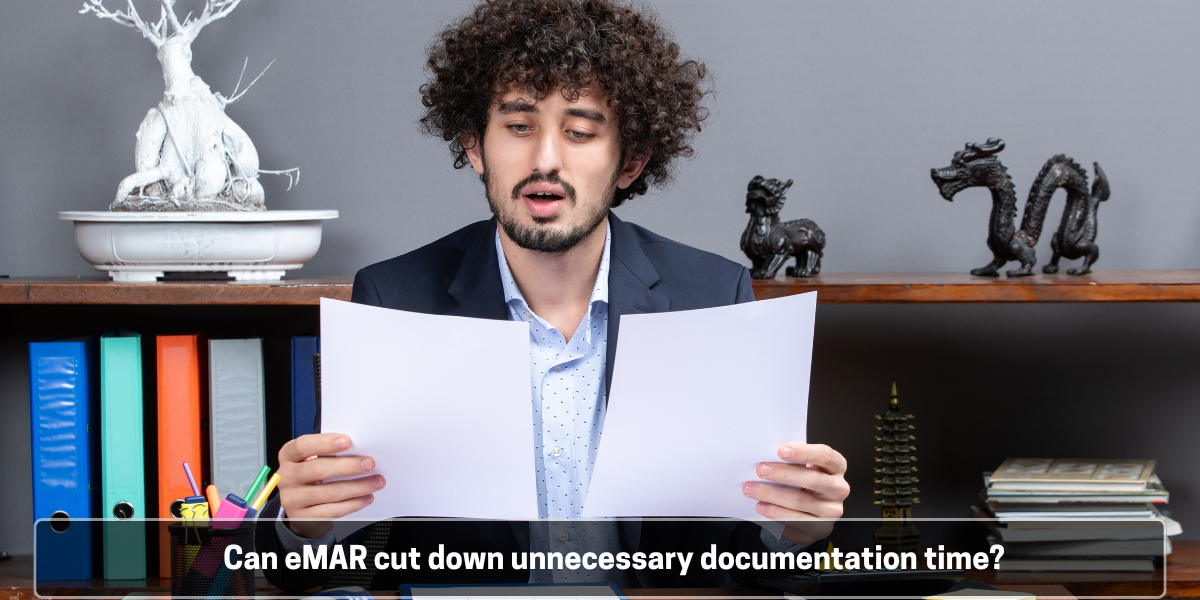Caregivers in UK care home facilities face an ongoing challenge: extensive documentation that consumes valuable time and impacts the quality of care provided to residents. A substantial portion of a caregiver’s shift often involves manual documentation processes, particularly when traditional paper-based Medication Administration Records (MARs) are used. Electronic medication administration records (eMAR) systems offer a powerful solution to streamline these processes. eMAR significantly reduces unnecessary documentation time and allows caregivers more time for direct patient care.
In traditional care home environments, medication documentation involves meticulous manual entries into paper MAR charts. Caregivers must manually document every administered medication, including dose, time, and notes on patient reactions or refusals. This repetitive, error-prone process demands significant time. For many caregivers, documentation can take up to 30-40% of their working hours. This leaves them overwhelmed and rushed. It also limits time for meaningful interactions with residents.
Paper-based MAR systems often result in inaccuracies or inconsistencies in documentation due to human error. Illegible handwriting, lost sheets, or incomplete entries can cause confusion, medication errors, or compliance issues during inspections by regulatory bodies such as the Care Quality Commission (CQC). These challenges require additional time for verification and corrections. eMAR systems specifically address these challenges and transform care documentation processes within UK care homes. eMAR automates medication documentation and eliminates the need for repetitive handwritten entries. Caregivers simply scan barcodes or select medications from a digital list. This automatically logs accurate timestamps, dosage, and staff details.
One primary advantage of eMAR is its ability to enhance accuracy and compliance effortlessly. By reducing manual input, eMAR virtually eliminates human errors such as missed signatures or incorrect dosing information. Caregivers no longer need to double-check multiple paper records or struggle with handwriting legibility. With eMAR, medication administration data is clearly recorded and easily accessible. With eMAR, care homes experience fewer medication errors and improved regulatory compliance.
eMAR systems also streamline medication rounds through automated reminders and alerts. Caregivers receive timely notifications regarding scheduled medications, missed doses, or discrepancies. This proactive management significantly reduces time spent on rectifying mistakes or managing medication-related incidents.
The reduction in documentation time achieved by eMAR leads to more personalised, compassionate care. Caregivers regain substantial portions of their shifts previously dedicated to paperwork. They can now spend more meaningful time with residents. This increased interaction improves residents’ emotional and mental well-being and enhances caregiver satisfaction. It also reduces staff turnover, a persistent issue in the care home sector.
UK care homes that have adopted eMAR report significant operational improvements. These improvements include reduced medication administration errors, better compliance outcomes, and enhanced resident care quality.







